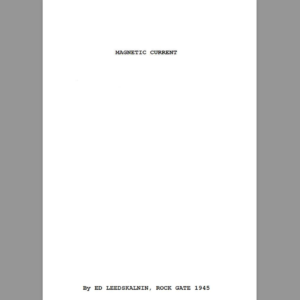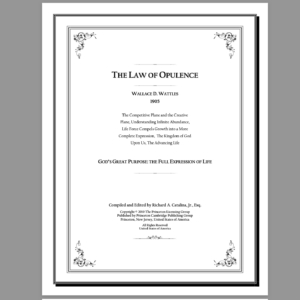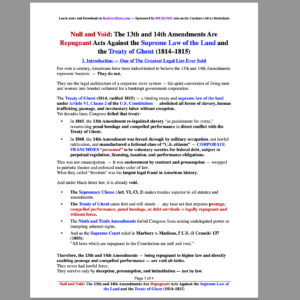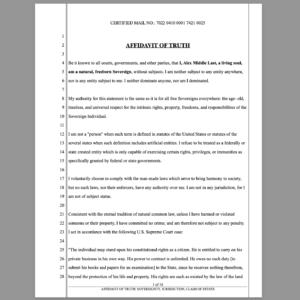In the modern mortgage and foreclosure landscape, few topics expose the stark divide between lawful governance and administrative overreach as clearly as the foreclosure process in different states. At the center of this legal contrast are Florida, California, and Nevada — three states with very different approaches to property rights, due process, and judicial oversight.
⚖️ Judicial vs. Non-Judicial Foreclosure
The foundational difference lies in how foreclosures are conducted:
-
Florida is a judicial foreclosure state.
-
California and Nevada are non-judicial foreclosure states.
These two models produce drastically different outcomes for homeowners — not just legally, but morally and philosophically.
🔹 Florida: Due Process and the Living Republic
In Florida, foreclosure cannot occur without the lender filing a lawsuit in a court of law. This means:
-
The bank must prove standing — i.e., that it owns or holds the note.
-
The homeowner is served and given the opportunity to respond and contest the claims.
-
Judges must review evidence, apply equity, and ensure due process is followed.
-
The proceedings are recorded and public, offering transparency and accountability.
This process, while not perfect, at least reflects the foundational principles of a Republican Form of Government — one where the rule of law, equal protection, and judicial review guard against arbitrary or fraudulent takings.
Florida’s approach affirms:
🔒 “No one shall be deprived of life, liberty, or property without due process of law.”
This due process is the essence of a living republic — where power is not unchecked, and rights are not forfeited by administrative fiat.
🔥 California & Nevada: Non-Judicial Foreclosure and Corporate Overreach
By contrast, California and Nevada operate under non-judicial foreclosure systems. These allow banks and servicers to seize homes without ever stepping into a courtroom.
Here’s how it typically works:
-
The lender appoints a trustee (often its own affiliate) to begin foreclosure.
-
After sending statutory notices, the trustee sells the home at auction — all without judicial review.
Even if:
-
The note was never properly assigned,
-
The borrower was not served properly,
-
Or the property had been transferred into a private trust,
… the sale proceeds anyway.
The result is often a void trustee’s deed of sale — a document with no lawful authority, but one that is often treated as legitimate unless actively challenged in court after the fact.
⚠️ Administrative Foreclosure: A Private Corporate Court
In non-judicial states, foreclosure is essentially an administrative process. It is privately conducted, by non-governmental actors, using corporate statutes, with no requirement to prove lawful standing unless challenged.
This raises severe constitutional concerns:
-
No judicial determination
-
No opportunity to face one’s accuser
-
No protection of equitable interests
-
No notice of trust arrangements or private transfers
The homeowner’s rights are treated as waived, and the home is seized by private fiat — a process more fitting of a corporate oligarchy than a constitutional republic.
🛡️ Private Trusts and Secured Rights Ignored
In non-judicial states, even if a homeowner transfers their property into a private trust — or files a UCC-1 lien to secure their labor and equity — the administrative foreclosure process often ignores these protections, acting as if the trust or lien doesn’t exist.
This violates:
-
Trust law,
-
UCC Article 9 secured party rights,
-
And the basic doctrine of notice and opportunity to be heard.
Such practices are indicative of a system operating under color of law — administrative policy masquerading as legitimate judicial process.
🏛️ Florida: The Firewall of Republican Governance
Florida, while not perfect, remains a firewall against these abuses. Its court-based foreclosure model ensures:
✅ Judicial Oversight
✅ Transparency and Evidence
✅ Opportunity for Challenge
✅ Adherence to Civil Procedure
✅ Respect for Private Trusts and Equitable Claims
In Florida, a trust owning property has standing. A UCC-1 lien on a vehicle or home is not easily ignored. And any attempt to foreclose without a judge’s order is void on its face.
This structure reflects the principles of a Living Republic, where people are governed by laws — not corporations or administrative codes.
⚖️ Final Word: The Fight for the Republic Is Real
What we are witnessing is a spiritual and legal battle over who owns what — and who has the right to decide.
-
In Florida, the people still have a voice in the courts.
-
In California and Nevada, corporate agents bypass the courts, taking property without lawful authority.
To preserve liberty, private property, and equitable justice, due process must be protected at all costs. Florida’s example shows it is still possible.
📝 If You’re in a Non-Judicial State:
You can still protect your rights by:
-
Creating a private trust to hold title
-
Filing a UCC-1 to establish your secured interest
-
Issuing Affidavits of Truth, Notices of Interest, or Liens
-
Filing a quiet title or wrongful foreclosure action if necessary
But ultimately — the law must be brought back to the people.
Let Florida’s structure be the model of restoration — and a reminder that the Republic is not dead, it’s just waiting for people to stand up.
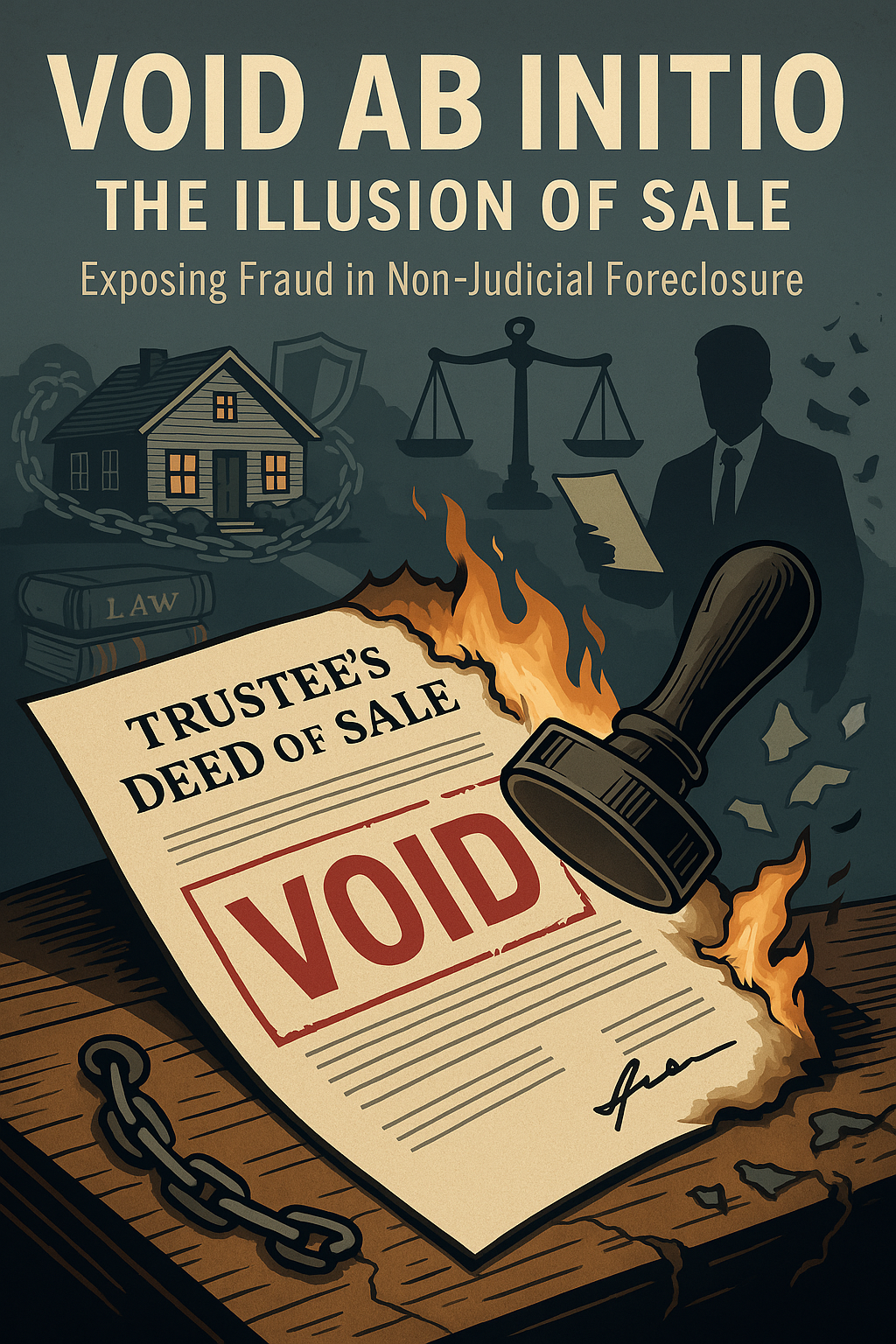
Void ab initio Trustee’s Deed of Sale Fraud




